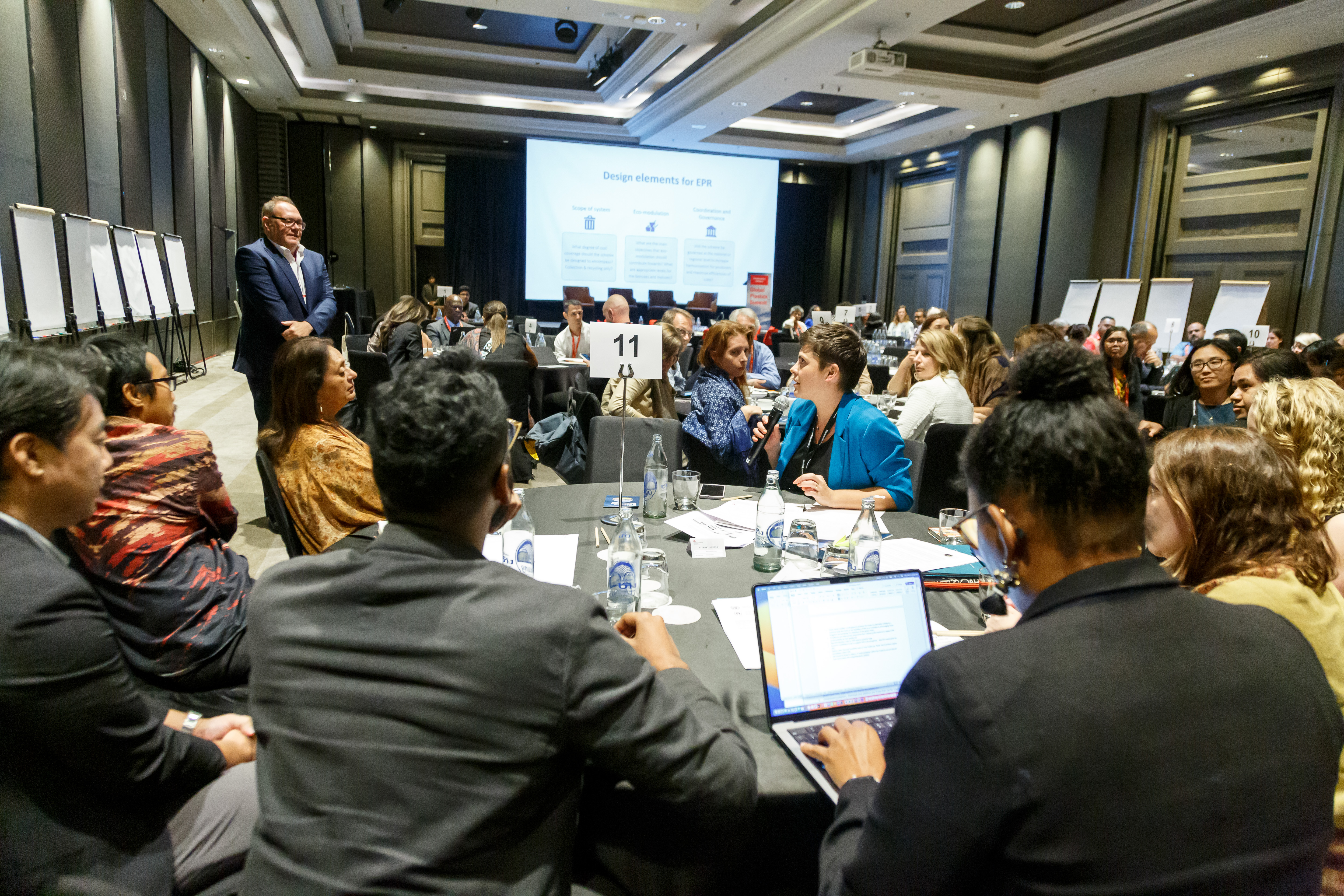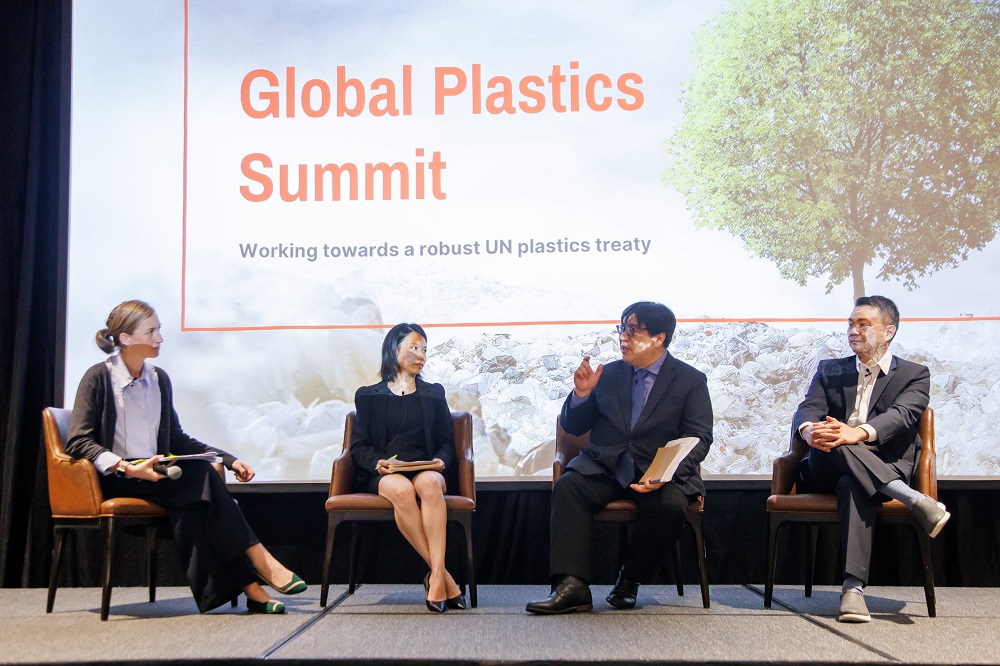COP28, the 28th Conference of the Parties to the UN Framework Convention on Climate Change (UNFCCC), held in Dubai, UAE, concluded on December 13. Over 84,000 attendees, including delegates from member states of the UNFCCC, industry leaders, youth activists, representatives of indigenous communities and journalists gathered to discuss the world’s progress on handling the climate crisis.
Nations agreed to fund assistance for those most impacted by climate change, evaluate progress on the ambitions of the Paris Agreement in a Global Stocktake and, most controversially, “transition away from fossil fuels in energy systems”. The parties agreed that there is a need to rapidly decarbonise the energy system and accelerate the clean energy transition. These achievements represent significant progress, but scientists, activists and countries most at risk of climate damage warned that a “transition away” from fossil fuels is not decisive enough. The promise of a “phaseout” is needed.
While COP28 left many concerned about the state of progress on the climate, it was one of the most promising conferences yet for addressing crucial issues concerning the ocean. The UNESCO-led Ocean Decade initiative put the focus on the ocean at the Ocean Pavilion, which hosted over 70 events featuring world leaders in ocean science, engineering, and policy. “We live on a blue planet, and the ocean is fundamentally important to [the] regulation of the climate system and scalable climate solutions,” said Peter de Menocal, who is the president and director of Woods Hole Oceanographic Institute, a key partner of the Ocean Pavilion. “While that’s evident to everyone who works with the ocean or in the ocean, it’s not immediately obvious to many people working on climate negotiations.”
The work of the Ocean Pavilion aimed to influence the negotiations over the Global Stocktake, and it succeeded in including specific provisions for the ocean in the final document. “We saw this as another successful step in what has been a series of steps to get the ocean considered fully in the climate negotiation,” said Margaret Leinen, vice chancellor for Marine Sciences at UC San Diego and director of Scripps Institution of Oceanography.
The Ocean Pavilion drew attention to the fundamental role of ocean science. “I was very heartened that the ocean was mentioned in the Global Stocktake, but also by the people who were showing up for ocean events,” said Dr Leinen. “On the second day, we had the president of the UNGA, the prince of Monaco, and the state secretary for the sea of France. We have never seen that level of attention to the issues of the ocean before.”
The Ocean Pavilion partners produced the Dubai Ocean Declaration ahead of the conference to set the agenda, calling on world leaders to recognise the importance of the ocean for the climate and to contribute to expanding and improving ocean observation. “There’s very few sensors and networks that can measure carbon concentration globally,” said Mr De Menocal. “The Dubai declaration was an invitation for the global community to come together to double down on our ocean observing commitment.”
Across the conference, the links between the connected crises of climate change and plastic pollution were explored in greater depth—99% of plastics are made with fossil fuel-based feedstocks, and plastic waste threatens the ecosystems of the ocean and the people who rely on it. Scientists and waste management experts from the Pacific spoke at the Moana Blue Pacific Pavilion, which provided a platform for Pacific Islands people and other island nations to share their climate leadership and call for action on the issues facing the ocean. “Since Paris, the small island developing states have driven the political agenda,” said Dr Leinen. “They’re the ones who insisted that the introduction to the Paris Agreement include the word ocean, and that was the first time that the ocean was included in a negotiating document.”
A landmark loss and damage deal was agreed on the first day of COP28, which seeks to help the poorest and most vulnerable countries—many of which are small island states and other communities that rely on the ocean—pay for the irreversible impacts of climate disaster. As the hosts, UAE pledged US$100m to the loss and damage start-up fund, while the EU, the UK, the US and Japan pledged a combined $245m, including US$100m from Germany. The loss and damage resolution does not mention scale or the replenishment cycle, which climate justice advocates say raises questions about the fund’s long-term sustainability. The fund will need to scale up rapidly, as estimates for the annual cost of the damage have varied from US$100bn-US$580bn.
When discussing further allocation of climate finance, progress was made on a new collective quantified goal for increasing the US$100bn already pledged by developed nations to finance mitigation and adaptation in developing countries. Countries expressed support for financing nature-based climate action, increasing finance for oceans, forests and mangroves, all of which are part of natural systems that play a significant role in climate mitigation. Healthy ocean and coastal ecosystems are needed to store carbon and build climate resilience. “The ocean has tremendous capacity to take up carbon, and it’s driving a lot of venture and start-up investment,” said Mr De Menocal.
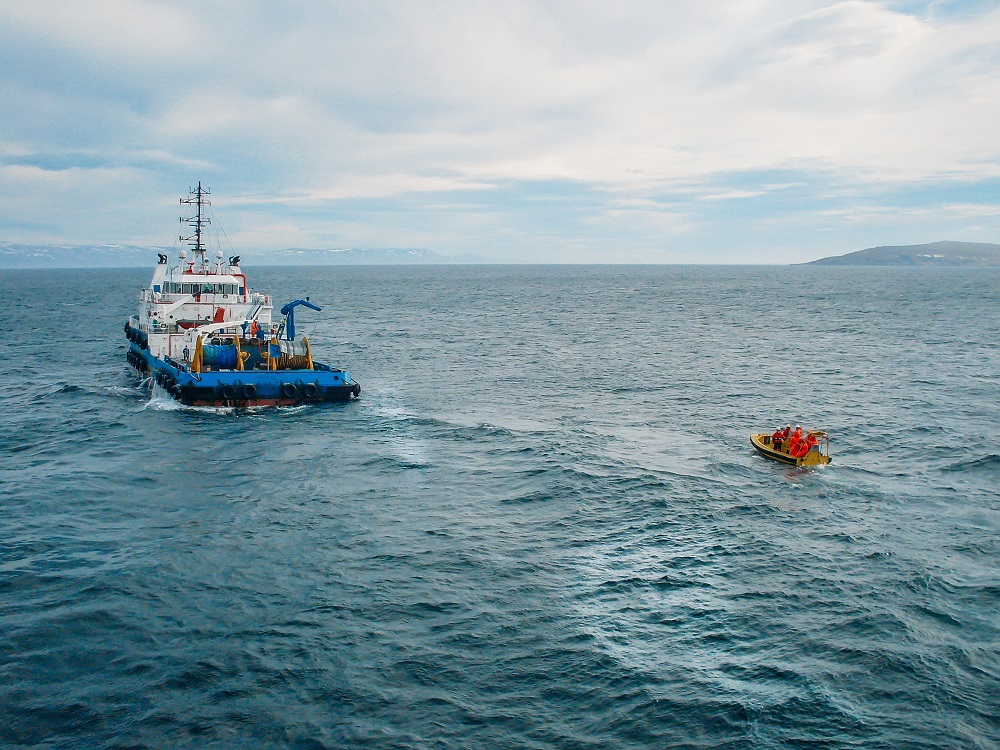
Scaling up ocean observation will also greatly increase the capacity for developing countries to drive climate action. “If we implement new ocean observing technologies at scale, it will drive down the cost of observing and make it affordable for nations that are trying to monitor their coastal fisheries and mangrove uptakes,” said Mr De Menocal. “Through an international initiative called the Ocean Vital Signs Network, we’re trying to meet these needs and reduce uncertainties around carbon flows and stocks.”
In another sign of increased attention to the ocean, ten more companies joined the group of Cargo Owners for Zero Emission Vessels, an initiative working in alignment with the Paris Agreement. This coalition of freight buyers, including IKEA, Amazon and Dupont, aims to decarbonise ocean transport by 2040. Green Maritime Africa Coalition promoted the supply and use of zero-emission fuels in Africa’s maritime sector, in line with the International Maritime Organization’s (IMO) 2050 decarbonisation plan. “We had a session that was focused on decarbonising marine transportation, and the IMO and the big marine transport companies were all there to talk about solutions to the problem,” said Ms Leinen. “I’m seeing people showing up for the ocean and I’m seeing the issues being taken seriously.”
“The takeaway from COP28 was not only the importance of the ocean to everything we care about, but also the fact that it’s rapidly changing,” said Mr De Menocal. “We have to do this—we have to do it quickly and we have to work together.”
EXPLORE MORE CONTENT ABOUT THE OCEAN
THANK YOU
Thank you for your interest in Back to Blue, please feel free to explore our content.
CONTACT THE BACK TO BLUE TEAM
If you would like to co-design the Back to Blue roadmap or have feedback on content, events, editorial or media-related feedback, please fill out the form below. Thank you.










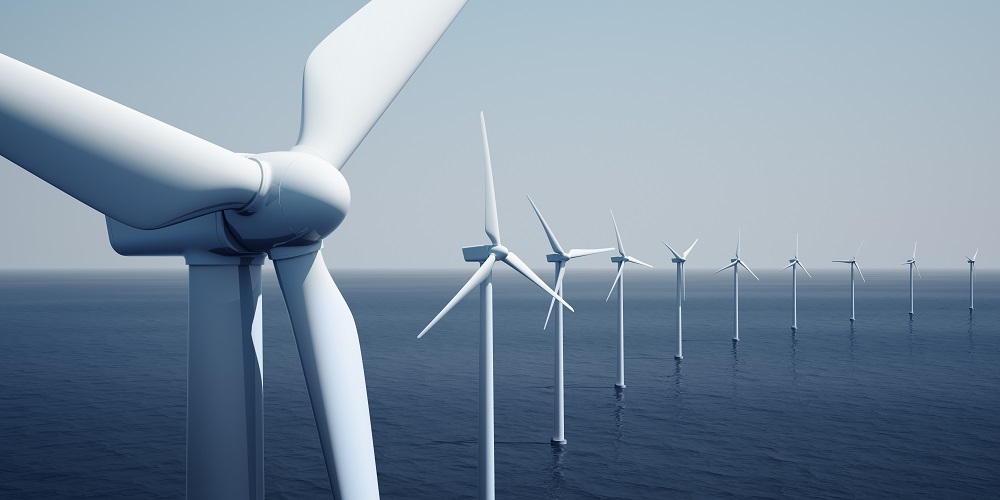
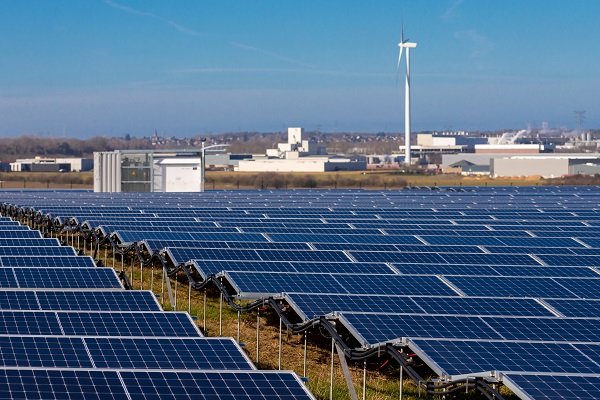
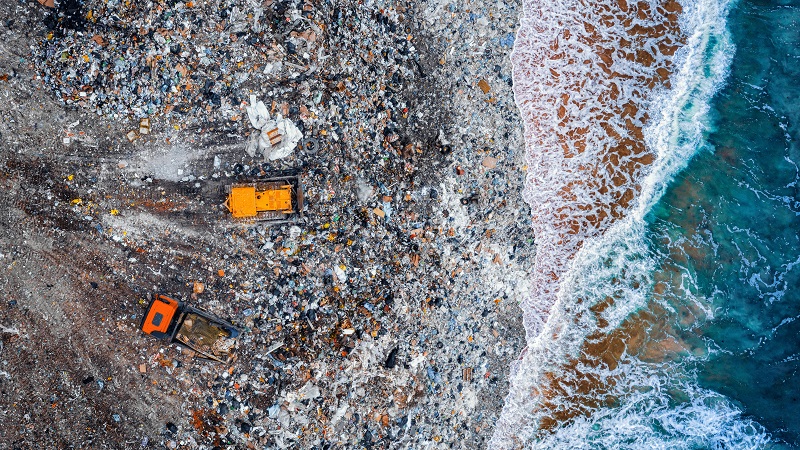
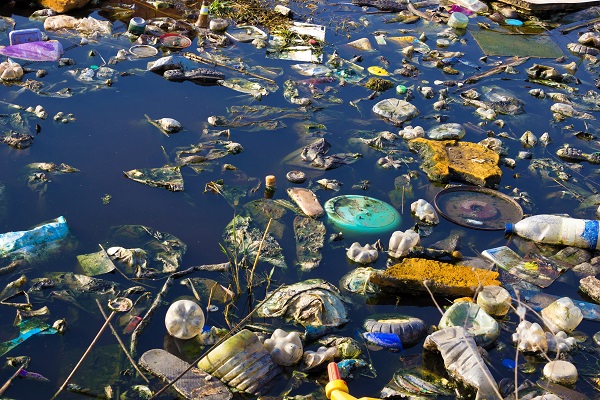
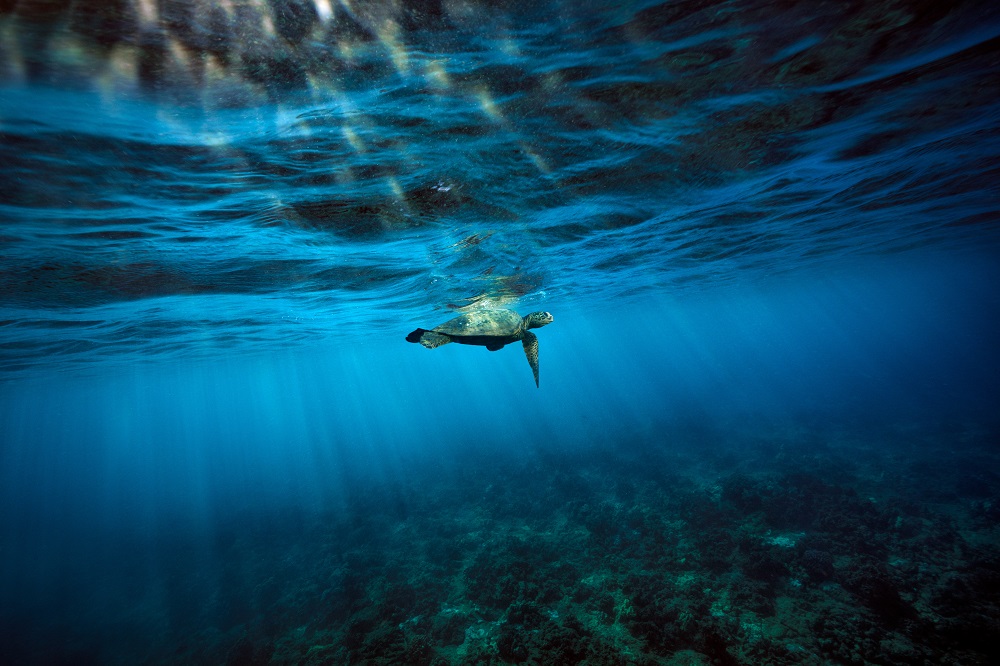

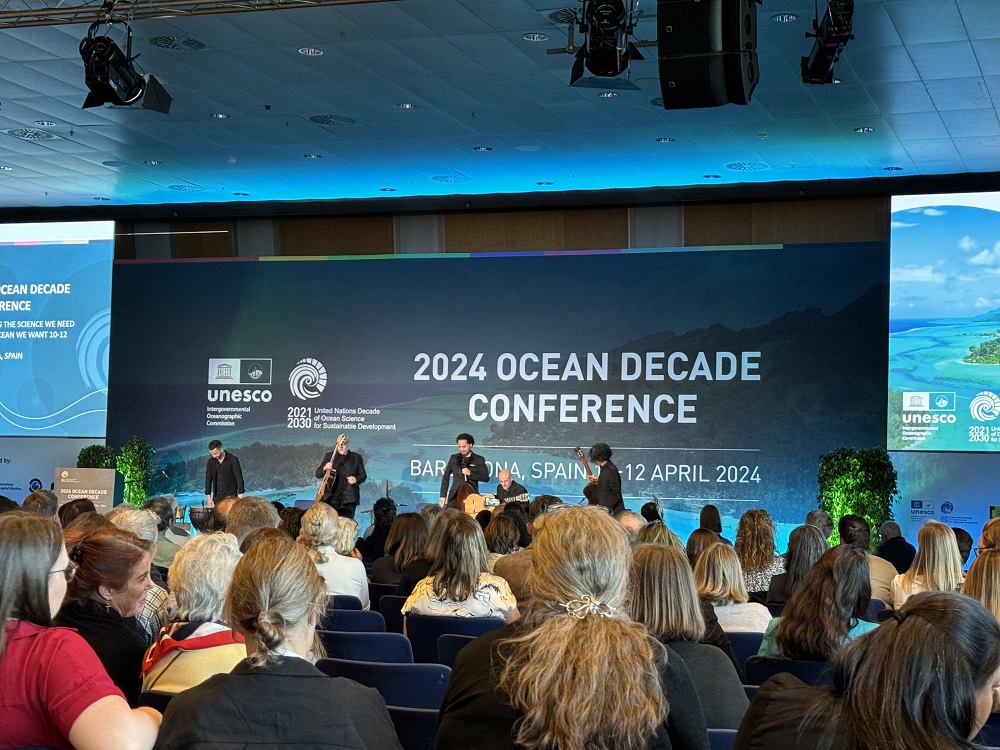

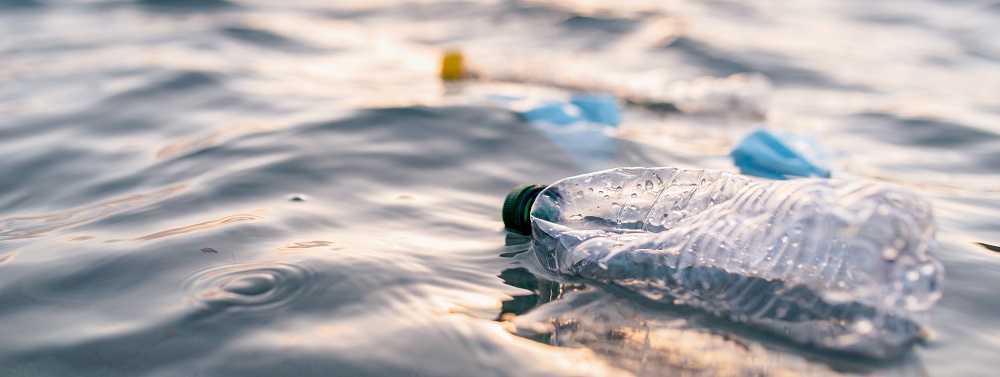
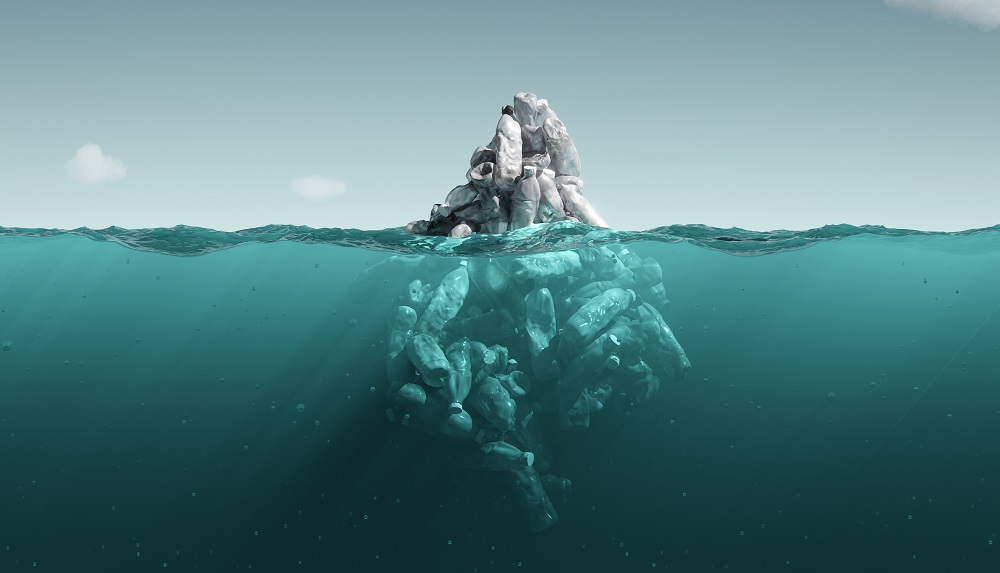



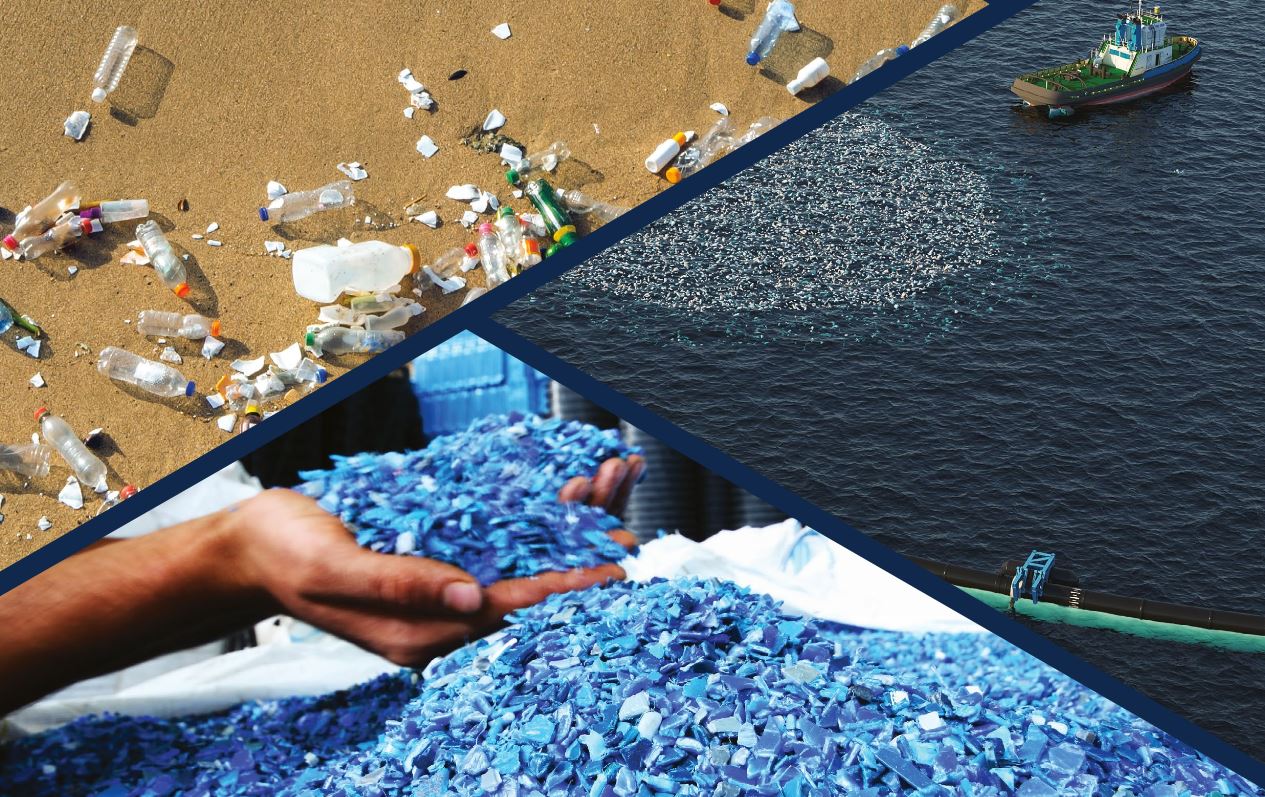
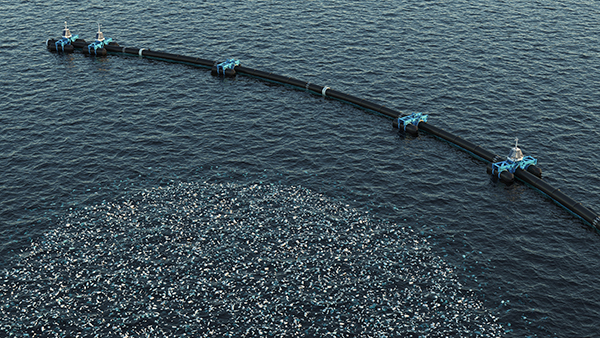
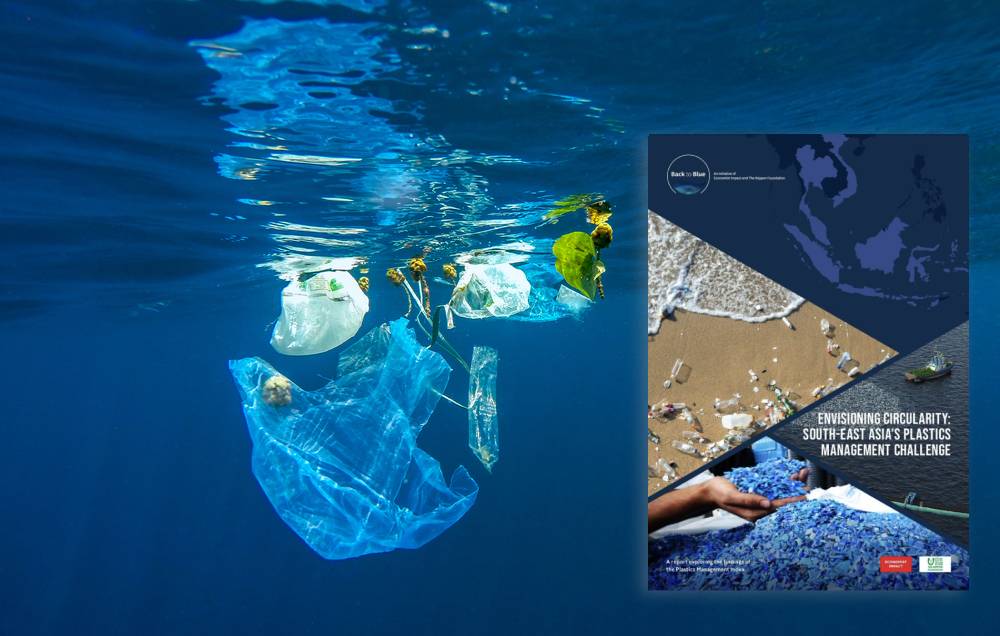

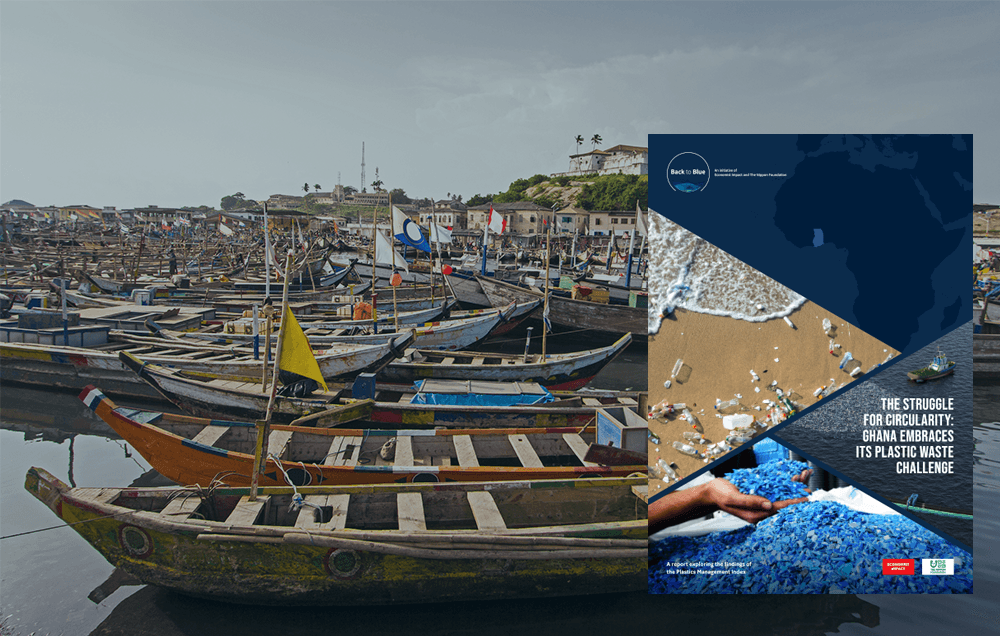

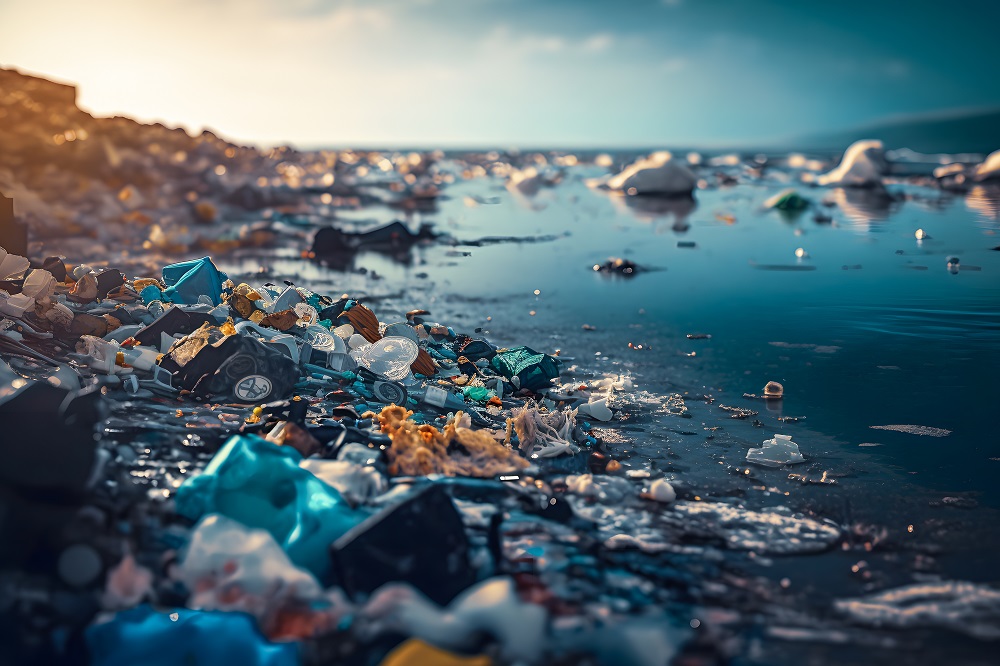
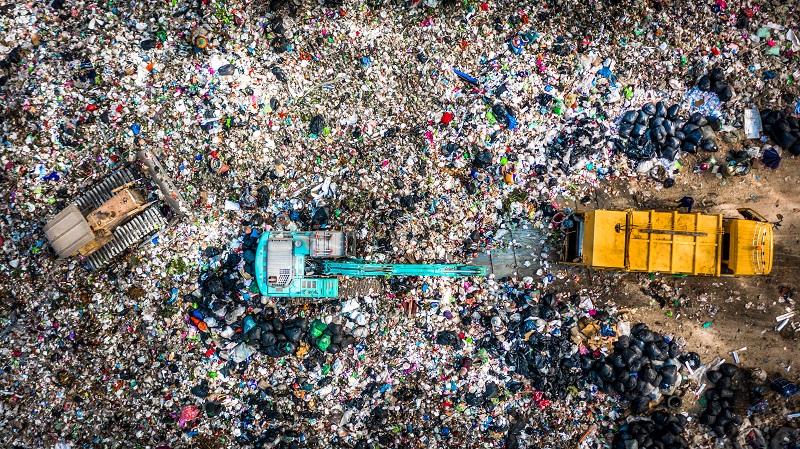
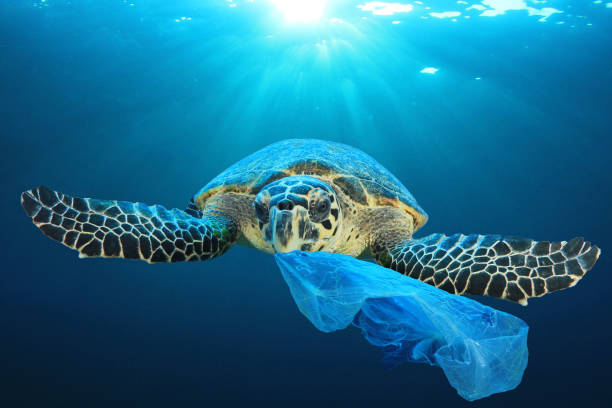
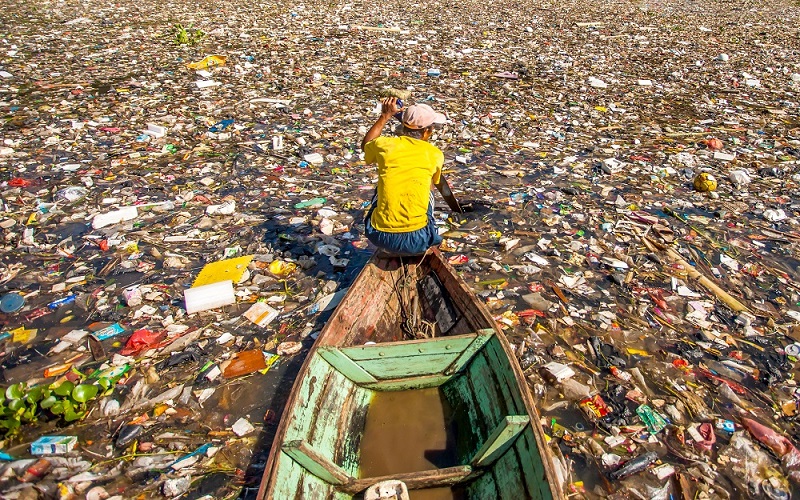
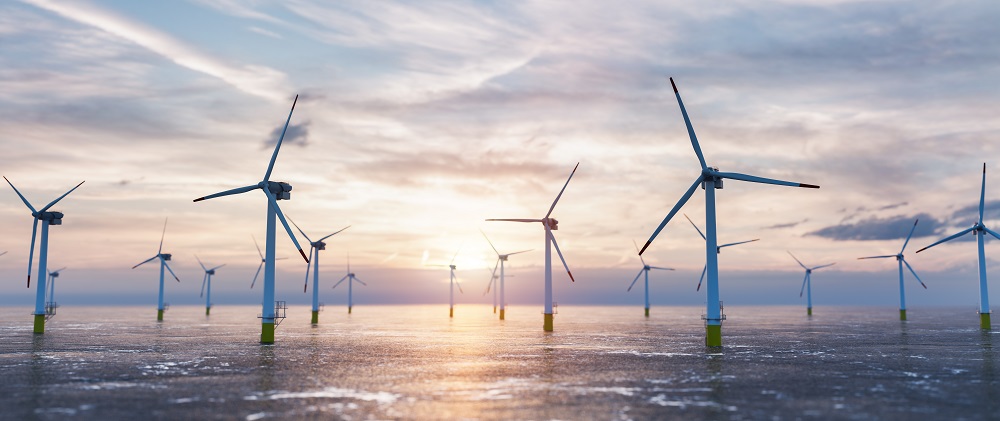 Affiliated contentWhy Offshore Wind Needs Looking After
Affiliated contentWhy Offshore Wind Needs Looking After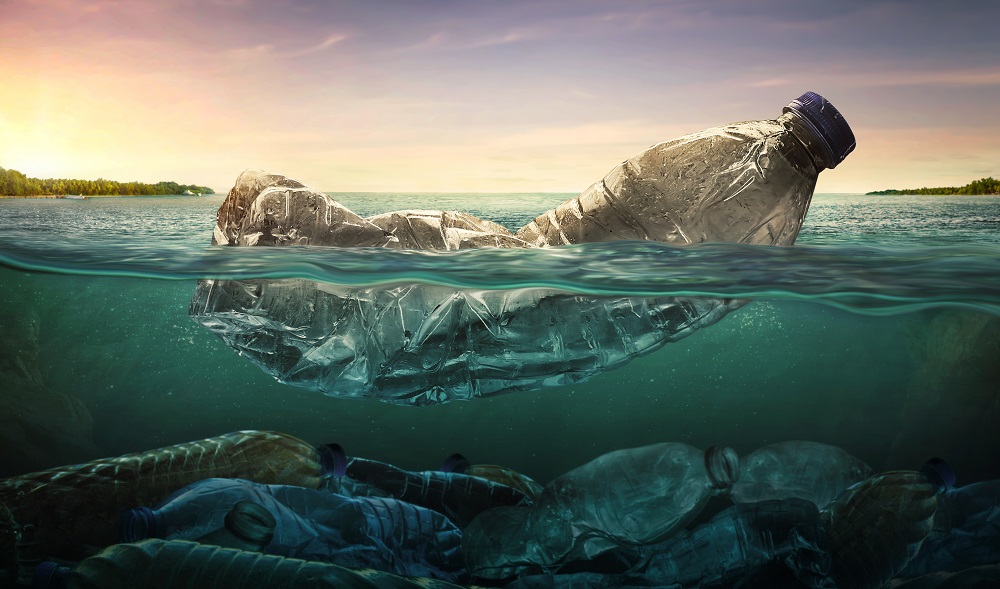
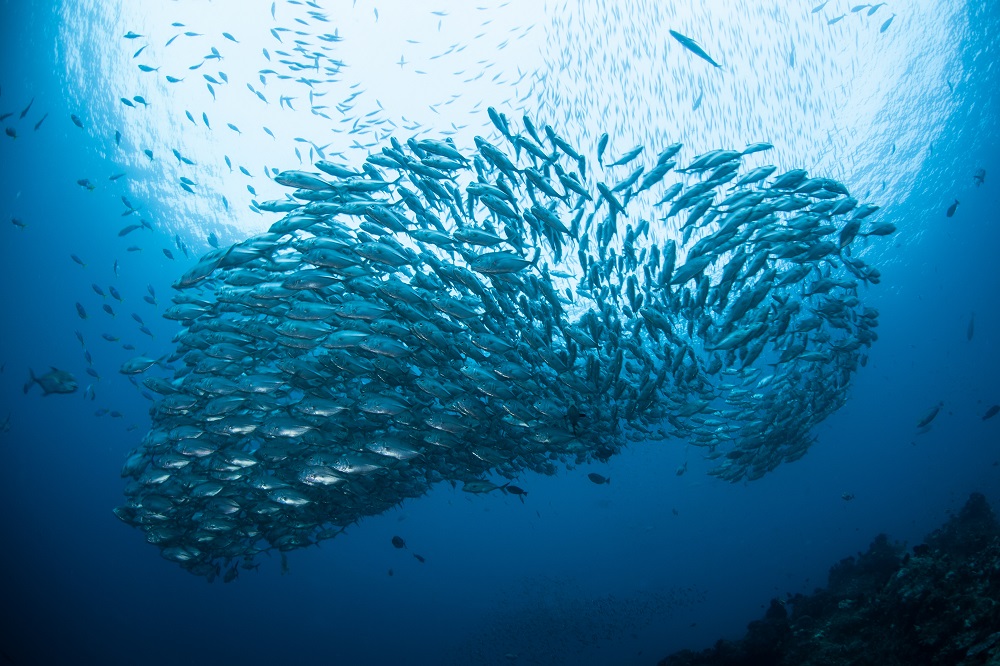 Affiliated contentA global initiative to boost commitment on tackling ocean acidification ">
Affiliated contentA global initiative to boost commitment on tackling ocean acidification ">
